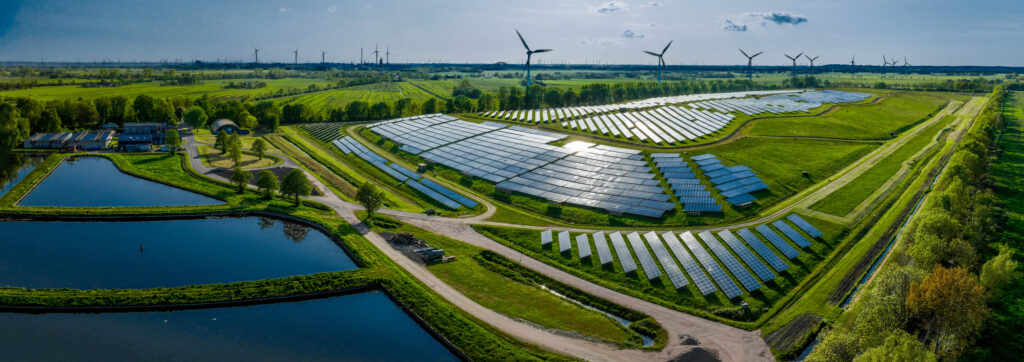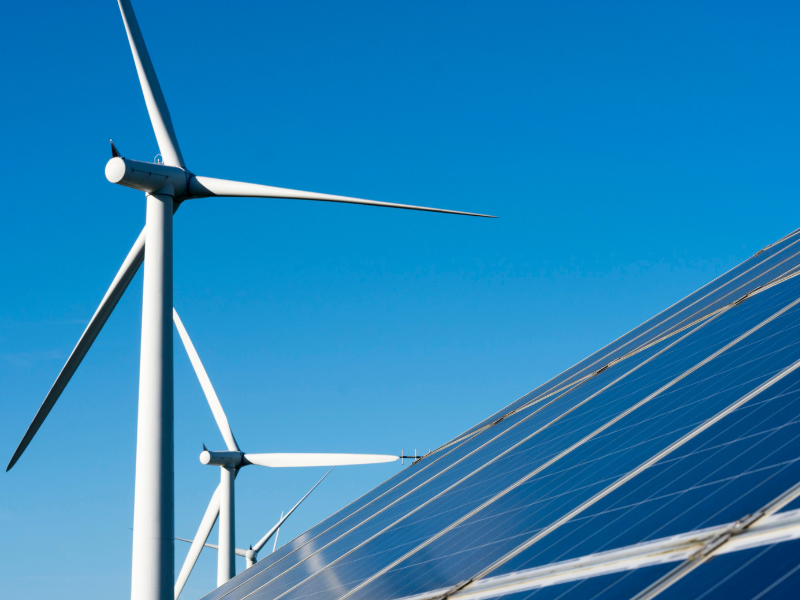Chicago Mayor Richard M. Daley (D) was slammed on Capitol Hill June 20 for being all talk and no action regarding greenhouse gas emissions.
Daley told the House Select Committee on Energy Independence and Global Warming that the City of Chicago is leading by example on global warming issues. Daley criticized the federal government for failing to do the same.
Mayor’s Criticisms Mocked
Rep. F. James Sensenbrenner (R-WI) responded by pointing out that while Daley makes environmental activists giddy with endless pledges to cut greenhouse gas emissions and with endless attacks on others for not making similar promises, Daley consistently fails to live up to his pledges.
Repeatedly referencing a June 18 article in the Chicago Tribune, Sensenbrenner mocked Daley for the Chicago city government’s 10 percent rise in greenhouse gas emissions since 2001. National emissions have remained virtually unchanged since 2001.
Sensenbrenner also pointed out the Chicago city government is using 22 percent more electricity than it did in 2003, despite the city’s repeated self-congratulations for spending substantial taxpayer funds on expensive “green” building construction.
Daley responded by asserting the Tribune data had “discrepancies.”
“I know my eyes are getting a little weak,” said Sensenbrenner while looking down at the Tribune article on the table before him, “but it appears to me that the source [of the information] is the City of Chicago.”
Market System Works Best
Tom Tanton, vice president of the Institute for Energy Research, noted the irony in Daley’s government performing worse than the nation as a whole.
“As for the mayor’s complaints about federal leadership on greenhouse gases, he is simply wrong. The U.S. is making more progress in reducing greenhouse gas emission intensity, while emissions in other nations–kowtowing to Kyoto–are increasing,” Tanton said in an interview for this article.
“While the federal government is not using a hammer to beat emissions down, the market system in the U.S. seems to be working better anyway,” Tanton said.
Chicago’s History of Failure
This is not the first time Daley has caught heat for failing to live up to his fiery rhetoric on global warming.
After pledging in 2001 his city government would run on 20 percent renewable power by 2006, the Tribune reported on November 20, 2006, “Chicago’s energy mix isn’t so green. Nearly all of the megawatts powering City Hall and other government buildings are still coming from nuclear and coal plants. … The city hasn’t bought any green energy since 2004.”
The reason for the city’s failure is the prohibitive cost. The consumer cost of wind power in the Chicago region has averaged between 5 and 6 cents per kilowatt hour since 2002, roughly 50 percent more expensive than the 3.7 cents per kilowatt hour of nuclear power.
On June 1, Chicago’s Environment Department announced it was planning to purchase 60,000 megawatt hours of wind power, but less than a week later the city reneged on the pledge because of cost issues.
“It is no wonder that the Mayor’s promises haven’t been kept–renewables are simply too expensive. It is probably a good thing for the taxpayers in Chicago that they are not forced to pay the exorbitant prices for renewables,” observed Tanton.
James M. Taylor ([email protected]) is senior fellow with The Heartland Institute and managing editor of Environment & Climate News.




